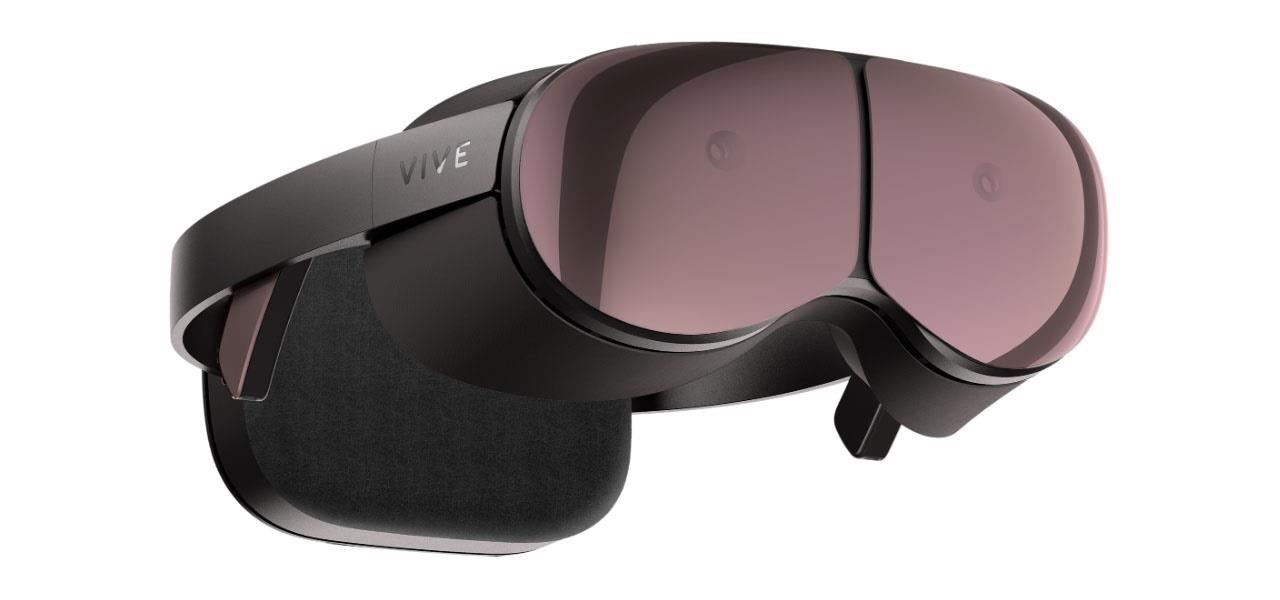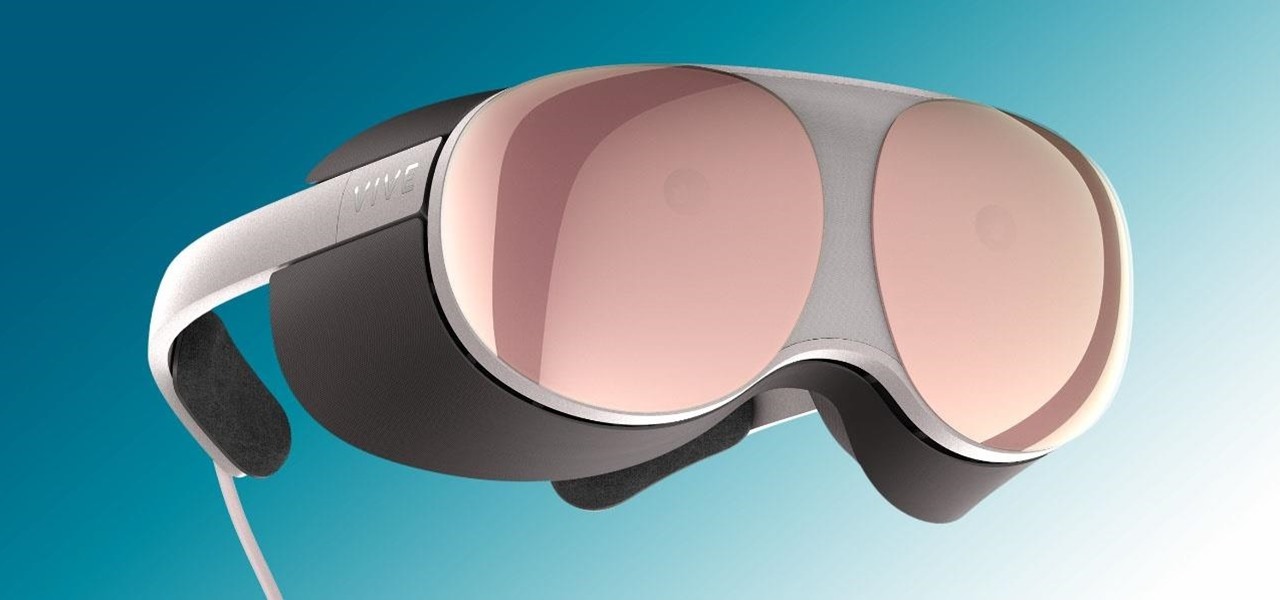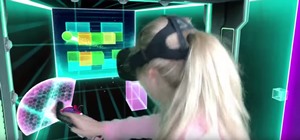Part of the fallout from the canceled Mobile World Congress is that a range of products, ideas, and designs slated for reveal in Barcelona are now being showcased without the framing and context of the massive tech gathering.
Two of those releases come from VR giant HTC Vive, which just revealed a couple of new designs for headsets that pierce the VR layer and enter into the realm of augmented reality.
Essentially, the two designs, called Project Proton, are concept devices with no set release date (for now). And like most concept devices, the company isn't releasing much information regarding what functions the devices would be able to perform.
"Project Proton is a prototype of a future an XR glasses-style device from HTC Vive that we hope to hear feedback on from the community as we continue to work on the product," an HTC spokesperson said in a statement sent to Next Reality.

"Proton has been concepted in two styles: an all-in-one and what we call an 'all-in-two,' which is a headset powered by a processing module (such as a smartphone). No specs or further details are being shared at this time."

Despite the lack of specs, based on the designs, and comparing them to what we already have on the market, we can make some educated guesses about where HTC Vive might be going with these concept devices.
The larger Project Proton device (above) looks like a VR headset, with dual sensors and possibly passthrough cameras mounted on its front. But the standout here is that the device seems to borrow a bit of the design of the HoloLens 2 by situating the device's processor, battery, and other components in a rear-mounted housing. So while the device looks geared toward VR, the overall design indicates possible future high-end AR aspirations.

As for the other, smaller Project Proton device, that's where the AR hints get a lot bolder. As mentioned by HTC Vive, a separate processing unit like a smartphone would power the device, putting it squarely in the category of devices like the Nreal Light.

However, unlike the Nreal Light, the HTC wearable doesn't attempt to mimic the look of shades and instead takes on the appearance of ski-style goggles. That larger form factor might not be as mainstream-friendly, but it could give HTC more physical component leeway in terms of creating a quality immersive AR experience.
Alas, HTC isn't committing to a release date for turning these concepts into real products, so for now, they're more of a test run to gauge the interest of the immersive computing community. Based on a few positive early reactions, it looks like HTC might want to move forward with at least one of these sleek new concepts.
Just updated your iPhone? You'll find new emoji, enhanced security, podcast transcripts, Apple Cash virtual numbers, and other useful features. There are even new additions hidden within Safari. Find out what's new and changed on your iPhone with the iOS 17.4 update.











Be the First to Comment
Share Your Thoughts